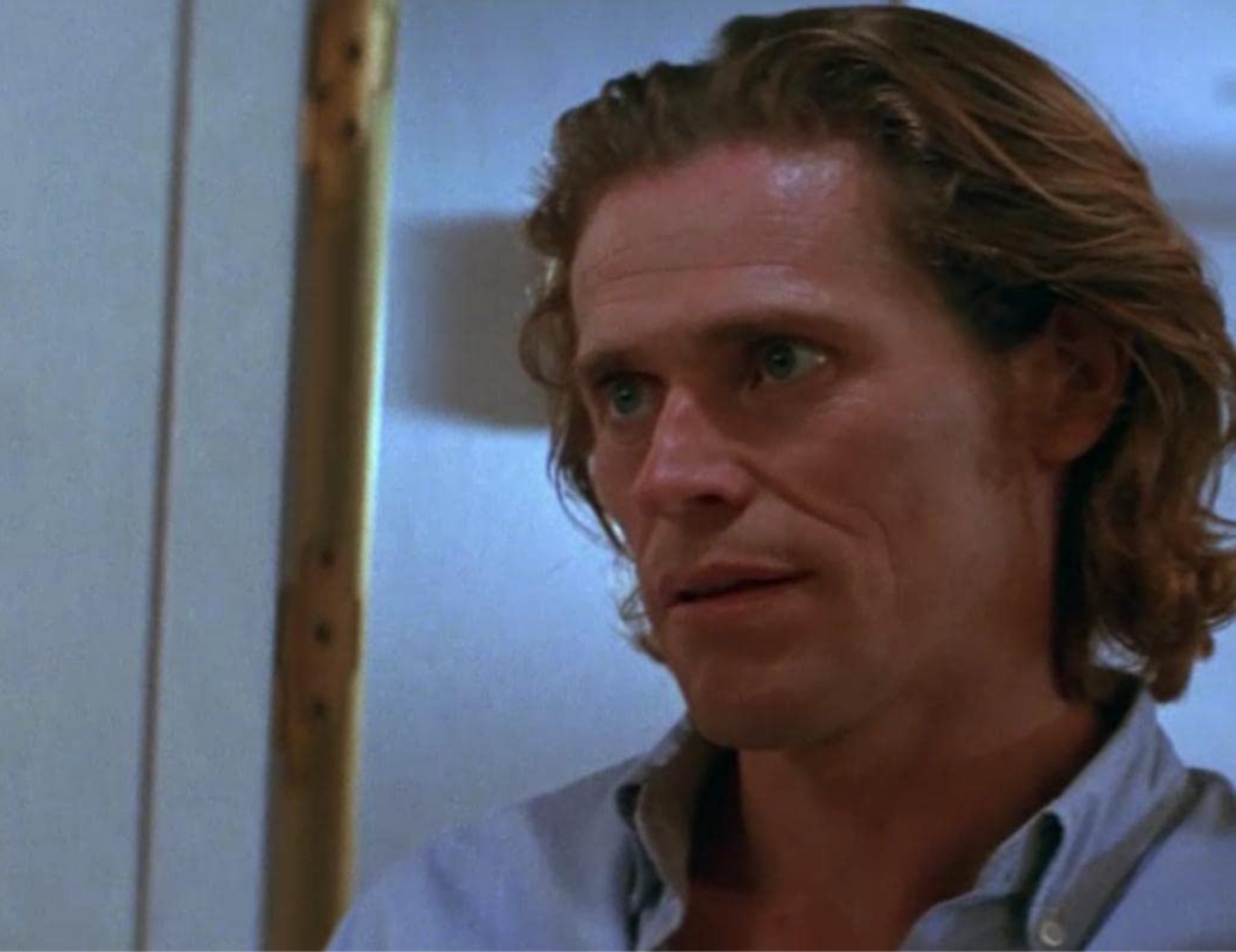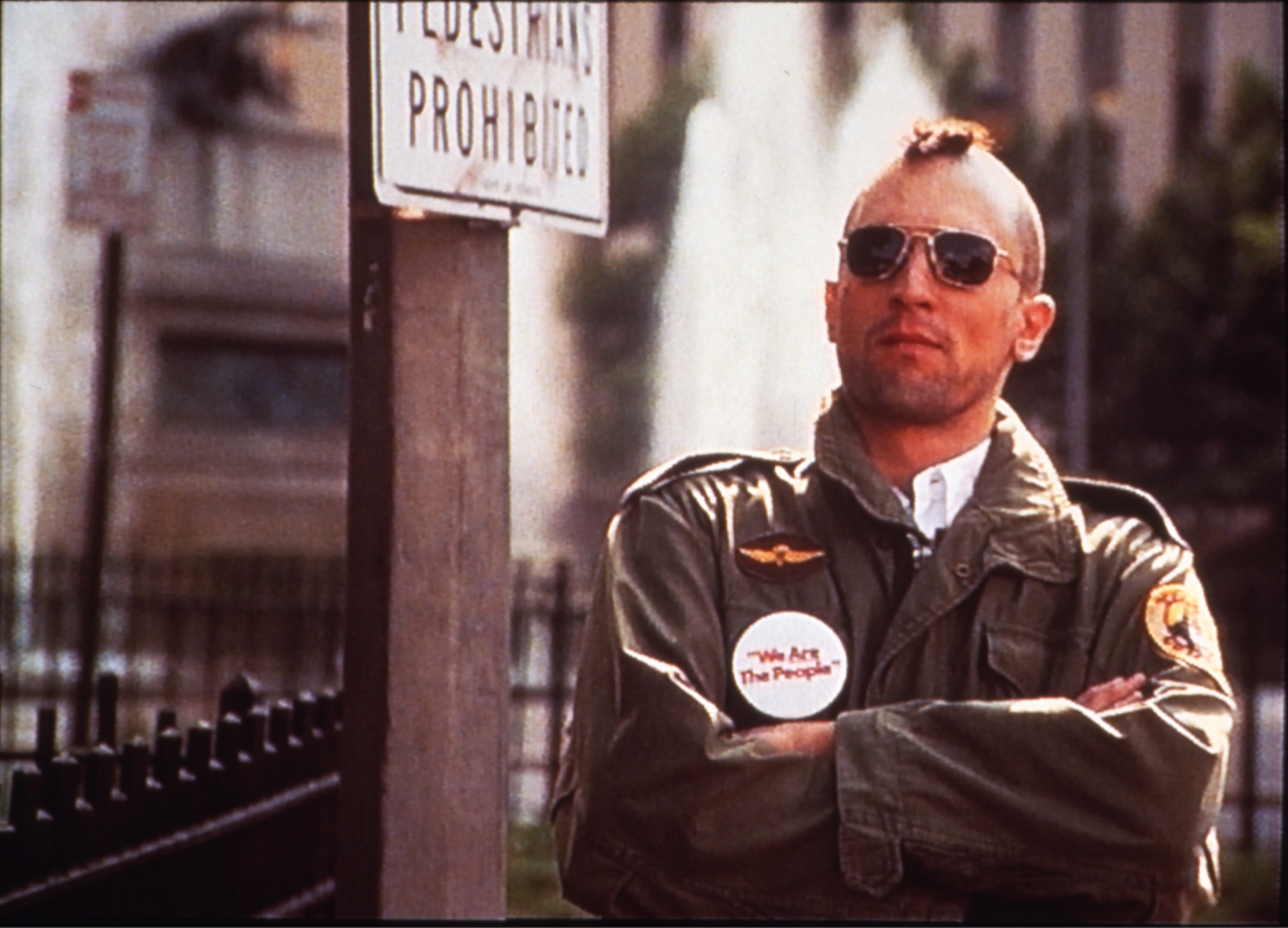Issue:
October 2022
Scriptwriters have re-evaluated their approach to on-screen vengeance
On July 8, 2022, I learned the shocking news that Shinzo Abe, the former prime minister, had been assassinated. The suspect has told police that he was motivated to carry out the shooting because he harbored a grudge against an organization that he blamed for bankrupting his family.
The case reminded me of an incident on October 31 last year, when a man went on a stabbing rampage on the Keio Line. The suspect was nicknamed the "Keio Line Joker” because he reportedly told police that he had been inspired by the 2019 American psycho-thriller film Joker.

Joker premiered at the 76th Venice International Film Festival, where it won the Golden Lion and was nominated for a record 11 Oscars at the 92nd Academy Awards, including Best Picture, Best Director, and Best Adapted Screenplay. Joaquin Phoenix won Best Actor, and Hildur Guðnadóttir Best Original Score. While the film received high acclaim, it was also the inspiration for a stabbing incident in Japan. The Joker in the movie is a gentleman but faces daily abuse and violence, turning him into a nihilistic criminal.
Did the movie encourage revenge killings in the real world? I would say yes, based on statements the suspect in the Keio Line stabbing made to police. Joker, however, is not the first movie in which a person in a socially challenging position commits a revenge killing. Some of those went on to become wildly popular and won prizes at prestigious film festivals.

The 1997 film Speed 2: Cruise Control was popular in Japan. The movie's villain, Geiger (Willem Dafoe), invented an autopilot program for luxury cruise ships but was summarily fired by his company when his health failed. In response, he committed an act of indiscriminate terrorism. Under Japanese patent law, if an employee comes up with an invention and the company has the patent for that invention, the employee is entitled to substantial monetary compensation. In Geiger's case, however, he was probably dismissed from his job without any monetary compensation. That being the case, he was motivated to commit acts of terrorism because he had worked hard to invent something for his company, yet found himself financially impoverished.
The film did very well in Japan. I’m 31, and I remember seeing it at least twice on late evening TV. I also watched it with my family. In other words, Japanese children have been exposed to the idea that some people exact revenge on wider society because they see that same society as the cause of their anguish. It didn't start with Joker. And again, understanding a character’s motives – either in Speed 2 or Joker – is not the same as endorsing their actions.

The iconic 1976 film Taxi Driver is a good example of how revenge attacks targeted a specific group – politicians. The film won the Palme d'Or at the 29th Cannes Film Festival. Travis Bickle (Robert De Niro), an ex-Marine returning from the Vietnam War, is unable to find a regular job due to severe insomnia caused by post-traumatic stress disorder. After witnessing violence and having his heart broken by a woman, he attempts to assassinate a politician who is a candidate for the next president of the United States, and for whom the woman works. Again, it is possible to place oneself in Bickle’s unenviable position, but to abhor his crimes. Bickle attempts to kill the politician, but is caught before he can carry out the crime. Instead, he kills a criminal who runs a prostitution ring, and is hailed by the media as a hero. The film sympathizes with Travis as a victim of circumstances beyond his control, but does not shy away from the heinous nature of his crimes. Striking this balance is vital to Taxi Driver’s excellent script.

More recent films have taken a slightly different approach. The 2021 US comedy Cruella is an original story about the young Cruella de Vil, the villain of Disney's animated film 101 Dalmations. Cruella (Emma Stone) creates design after design for the Baroness (Emma Thompson), a fashion industry executive. When she discovers that the Baroness had murdered Cruella's parents, she plots her revenge. And here is the twist. Rather than simply killing her, she plots the Baroness’s downfall in a much more complicated, and highly public, manner. My sense is that this makes audiences think twice about the nature of revenge. The older movies I have mentioned did not advocate real-life revenge killings, but more recent films go even further in rejecting violence as a form of revenge.
Yuto Izawa is a Japanese film critic. He has also been the president of the Special Flower Company since 2011.

